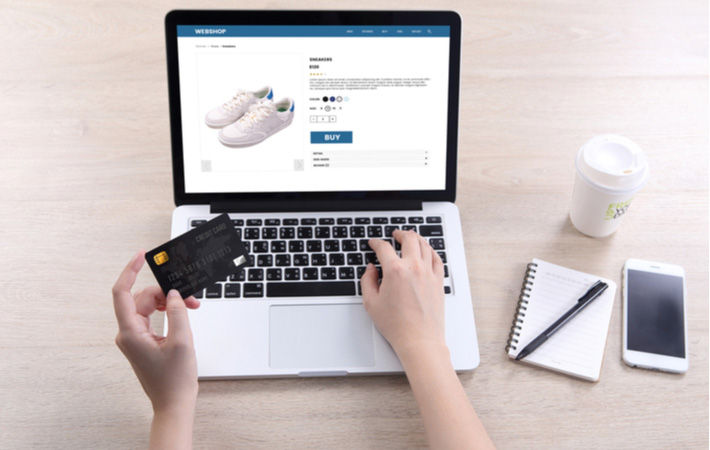
The travel accessories brand allows consumers to navigate easily using multiple clauses, natural language, and even spelling mistakes. It makes relevant product recommendations and allows consumers to pinpoint the exact product they are searching for quickly—no easy task given the brand’s broad range of product types in myriad print variations.
Klevu, the Artificial Intelligence and Natural Language powered technology solution, found that three-quarters of the 78 retailers researched delivered zero or irrelevant results when presented with complex queries. Less than 10 per cent of these retailers have the functionality to understand natural language and respond with products that were a precise match. Furthermore, more than half were unable to handle misspellings by shoppers, with 75 per cent missing out on additional sales through relevant product recommendations.
Complicated search queries are on the rise today as more consumers rely on voice search on mobile, which means that e-commerce retailers must be able to comprehend natural language and shoppers’ intent if they want to satisfy consumers. For example, searches for “best affordable” have grown 60 per cent globally according to Google. Understanding shoppers’ intent is critical for e-commerce retailers to remain competitive today as the spending landscape becomes more complex due to inflationary pressures and consumers use more complicated search queries to try to find what they are looking for online. However, most e-commerce sites are unequipped to understand shoppers’ intent, resulting in customers leaving websites unhappy and empty handed. When sites understand online shoppers’ intent, in the same way a human sales associate might, online retailers’ conversion rates have been found to be four to six times higher.
“It’s clear that major retailers need to work harder to ensure that their ecommerce experience meets consumers’ expectations,” said Nilay Oza, CEO and co-founder of Kelvu. “As the e-commerce market in North America continues to become more competitive and inflation causes consumers to tighten spending, the e-commerce sites that are able to quickly offer shoppers exactly what they are searching for will be the ones to continue to gain market share.”
In other findings, forty-four per cent of the retailers surveyed offered no product recommendations on their homepages. Using the right tools to make relevant product recommendations on the homepage lead to significant improvements to a retailer’s bottom line. Amazon has said that purchases made through its recommendations increased revenue by 35 per cent. Many retailers struggle with personalisation, focusing too heavily on demographics as a means of segmenting shoppers, without considering intent and relevance. As personalization becomes more sophisticated, retailers will need to focus more on behaviors and less on demographics to offer recommendations.
Seventy-five per cent of the retailers did not offer recently viewed products on any page, causing retailers to miss out on opportunities to remarket to consumers who have already shown interest in a specific product. Eighty-two per cent of retailers are not maximising opportunities to tap into shoppers’ intent.
Fibre2Fashion News Desk (RR)